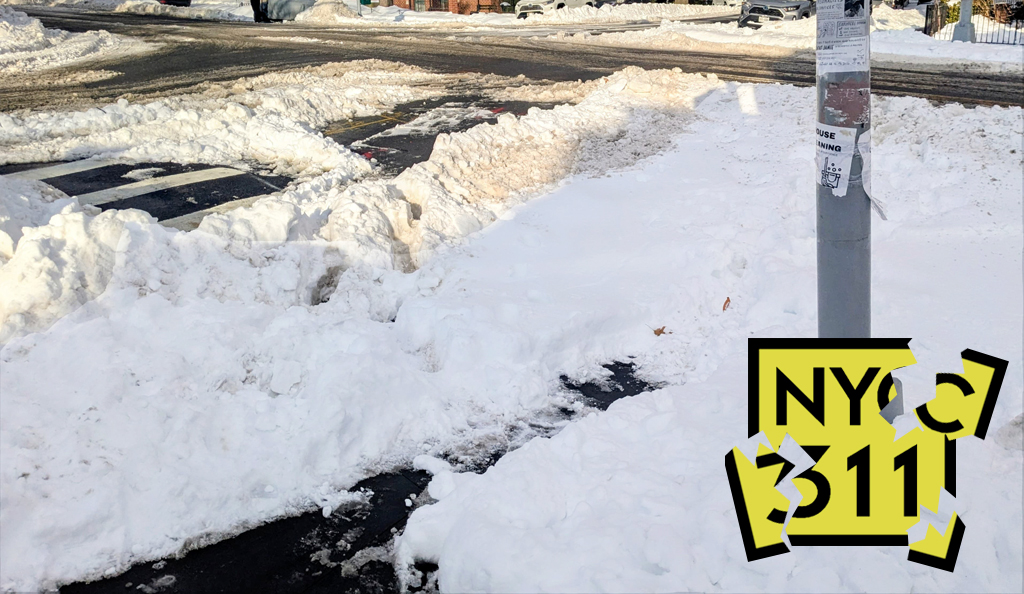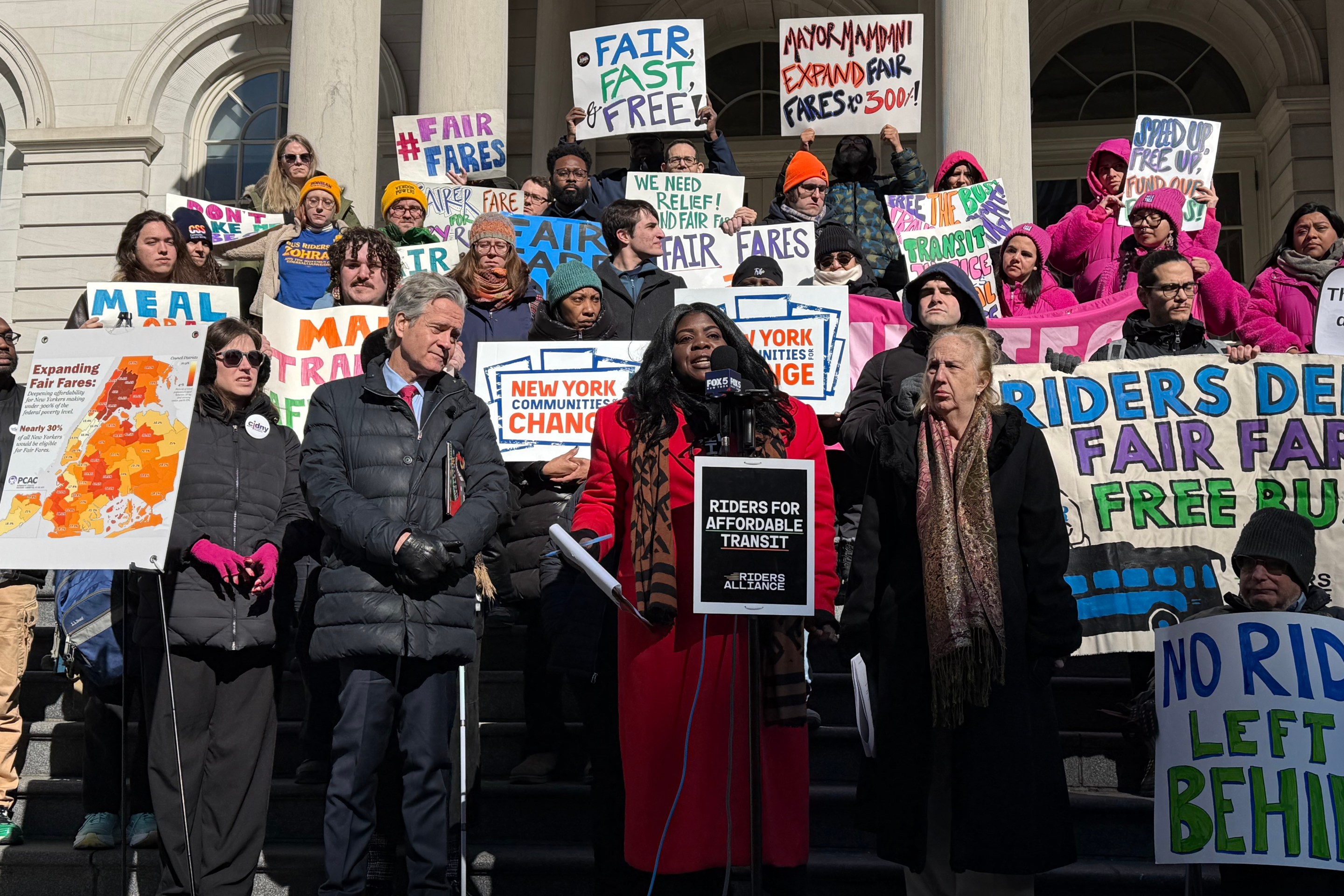 Graphic: MTA
Graphic: MTAWithout its transit system, the New York region would emit 17.4 million more metric tons of greenhouse gases each year, the MTA announced yesterday. By taking cars off the road, decreasing congestion so the remaining cars emit less, and promoting dense land use patterns, the MTA is making a major dent in the region's carbon footprint. As a result, the authority is making the case that transit agencies should receive revenue generated by potential federal climate legislation.
The MTA's 17.4 million metric tons of annual carbon avoidance is the emissions equivalent of burning two billion gallons of gasoline, or 4.5 coal-fired power plants. The authority calculated the figure using a new methodology developed by the American Public Transit Association, which weighs the benefits of both mode shift and land use patterns. The model also takes into account the emissions that the MTA does generate. The results were verified by The Climate Registry, a leading emissions measurement firm.
The transit system's central role in maintaining New York's low carbon footprint comes as no surprise. What's perhaps more interesting is what the MTA wants to do with this information. If Congress passes a carbon tax or cap-and-trade system -- still a big if -- the MTA wants to use its now-quantified environmental benefits as evidence that American transit agencies deserve a slice of the revenues raised by climate legislation. Putting a price on carbon emissions, the MTA says, shouldn't mean that the authority has to pay for the emissions it does generate. Rather, the agency argues that it should turn a profit because it provides a net reduction in emissions. The MTA previously floated the idea in its 2009 sustainability report.
The feasibility of such a scheme remains to be seen. Negotiations over climate and transportation legislation are both in constant flux. It's also not quite clear what the MTA is lobbying for. A set-aside of total revenues, like in Sen. Tom Carper's CLEAN-TEA bill? The ability to sell carbon offsets? Regardless, it's an intriguing idea for generating revenue in the new regulatory environment that comprehensive climate legislation would create.





